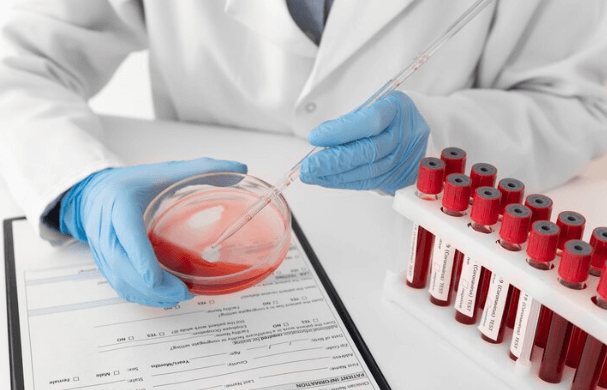A Platelet Count Test is a common blood test that helps determine the number of platelets in your blood. Platelets are crucial for blood clotting and overall health. Preparing properly for this test can ensure that the results are accurate and reliable. Here are some essential tips to help you prepare for your Platelet Count Test.
Understanding the Platelet Count Test
Before we discuss preparation, it's important to understand what a Platelet Count Test is and why it is conducted. This test measures the number of platelets in your blood, which can help diagnose various health conditions, such as bleeding disorders or bone marrow issues. A normal platelet count typically ranges from 150,000 to 450,000 platelets per microliter of blood.
Tips for Preparation
1. Follow Your Doctor’s Instructions
Your healthcare provider may give specific instructions on how to prepare for the Platelet Count Test. It is essential to follow these instructions carefully. If you have any questions or concerns, don’t hesitate to ask your doctor for clarification.
2. Inform About Medications
Certain medications can affect your platelet count. Before the test, inform your doctor about any medications you are taking, including over-the-counter drugs and supplements. Your doctor may advise you to stop taking specific medications temporarily to ensure accurate results.
3. Avoid Alcohol
It’s best to avoid alcohol for at least 24 hours before your Platelet Count Test. Alcohol can affect your platelet levels and may lead to inaccurate test results.
4. Stay Hydrated
Drinking plenty of water before the test is crucial. Staying hydrated helps ensure that blood is drawn easily and can contribute to more accurate results. Aim to drink at least 8 glasses of water on the day of the test.
5. Avoid Excessive Exercise
While regular physical activity is important for overall health, avoid strenuous exercise or heavy lifting for at least 24 hours before your Platelet Count Test. Intense physical activity can temporarily affect your platelet levels and may lead to misleading results.
6. Schedule the Test Properly
Timing can also be a factor in obtaining accurate results. If your doctor has recommended fasting before the test, make sure to schedule it accordingly. Fasting typically means not eating or drinking anything except water for a specified period, usually 8 to 12 hours.
7. Stay Calm and Relaxed
Finally, try to remain calm before your Platelet Count Test. Stress can affect your body in various ways, including your platelet count. Practice relaxation techniques, such as deep breathing or meditation, to help keep your anxiety levels low.
Conclusion
Preparing for a Platelet Count Test is essential for obtaining accurate results. By following these simple tips and guidelines, you can ensure that your test is as reliable as possible. Remember, if you have any concerns or questions about the test, consult your healthcare provider for personalized advice. A little preparation goes a long way in maintaining your health!





Comments